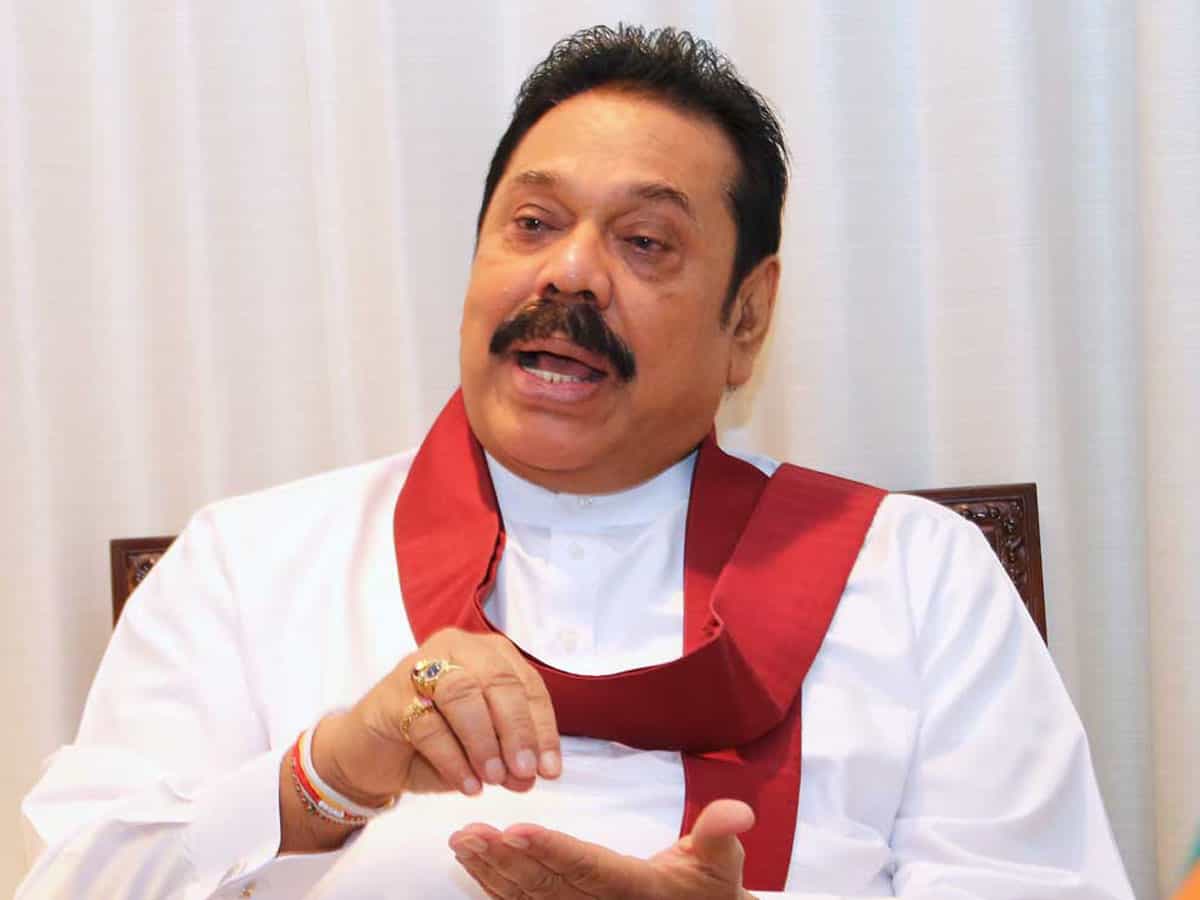Sruthi Vibhavari
Colombo: The Sri Lanka People’s Front (SLPF), led by Mahinda Rajapaksa, registers yet another landslide victory in Sri Lanka’s recently held parliamentary polls. The final results of the general elections were released by the Election Commission on Thursday (August 6). The party along with its allies won 150 out of the 225 seats, giving it a two-thirds majority in the parliament.
The results staged the political comeback of Mahinda Rajapaksa, thereby further consolidating the control of the Rajapaksa clan on Sri Lanka’s politics. Earlier in November 2019, Gotabaya Rajapaksa won the presidential election on the SLPP ticket.
From father to sons
Members of the Rajapaksa family always held influence over Sri Lanka’s politics and administration. Several members of the family are appointed in key posts. It began with D A Rajapaksa, a Member of Parliament, and the founder of the Sri Lanka Freedom Party. The Mahinda faction of SLFP is now called the Sri Lanka Podujana Permanuna (SLPP) or SLPF.
‘The patriarch’ Mahinda Rajapaksa served as the Prime Minister of Sri Lanka from 2004 to 2005 and President from 2005 to 2015 and is currently serving his second term as the Prime Minister since November 2019. The 74-year old became a hero to the Sinhala-Buddhist community after he conducted the brutal crackdown on the Liberation Tigers of Tamil Eelam (LTTE) in 2009 ending decades-long war.
Gotabaya Rajapaksa, the brother of Mahinda popularly called ‘The Terminator’ for his short temperament, is the current President of Sri Lanka. He held the very-powerful Ministry of Defence under his brother’s regime. With a 52 per cent vote share, the ex-military man became the president in last November.
Their younger brother, 69-year old Basil Rajapaksa is the minister for economic development. During a BBC interview, he was called ‘Mr. Ten Percent’ in reference to commissions he allegedly charges for lobbying for government contracts.
During Mahinda’s presidential term, the eldest brother Chamal Rajapaksa was the speaker of parliament. Formerly a police officer, he once served as a personal bodyguard to Sirimavo Bandaranaike, the world’s first woman prime minister.
The eldest son of Mahinda Rajapaksa Namal too entered the parliament in 2010 but he never held any portfolio. He could probably be inducted into the cabinet now.
Authoritarianism in store
The weakness, coupled with corruption and disorganization in the opposition paved way for a rather easy win for the Rajapaksa and brothers.
The two-thirds majority secured in the elections would enable the Rajapaksa clan to make constitutional changes and consolidate their power even further. When Mahinda Rajapaksa lost the presidential election in 2015, the new government passed a constitutional amendment and imposed a two-term limit on the presidency, revoked immunity from prosecution, and made presidential appointments subject to parliamentary scrutiny.
The ‘constitutional reforms’ as mentioned in SLPP’s election manifesto could specifically undo this amendment and expand presidential powers.
“Sri Lanka has been gradually turning into a majoritarian country. That is what is guaranteed in these two elections — November’s Presidential victory and this Parliamentary results,” Kusal Perera, a veteran political analyst, writer and a strong critic of governments, said.
The current majority will give the Rajapaksas a free hand to change the constitution, increase the powers of President and Prime Minister to have a stronger hold, and reversing the policies taken up the previous governments in introducing checks and balances. The victory also raises fears that the government can weaken independent commissions and other state apparatus like the police.
Activists, already alarmed by the diminishing space for dissent and criticism, fear such an eventuality could lead to ever greater authoritarianism.

